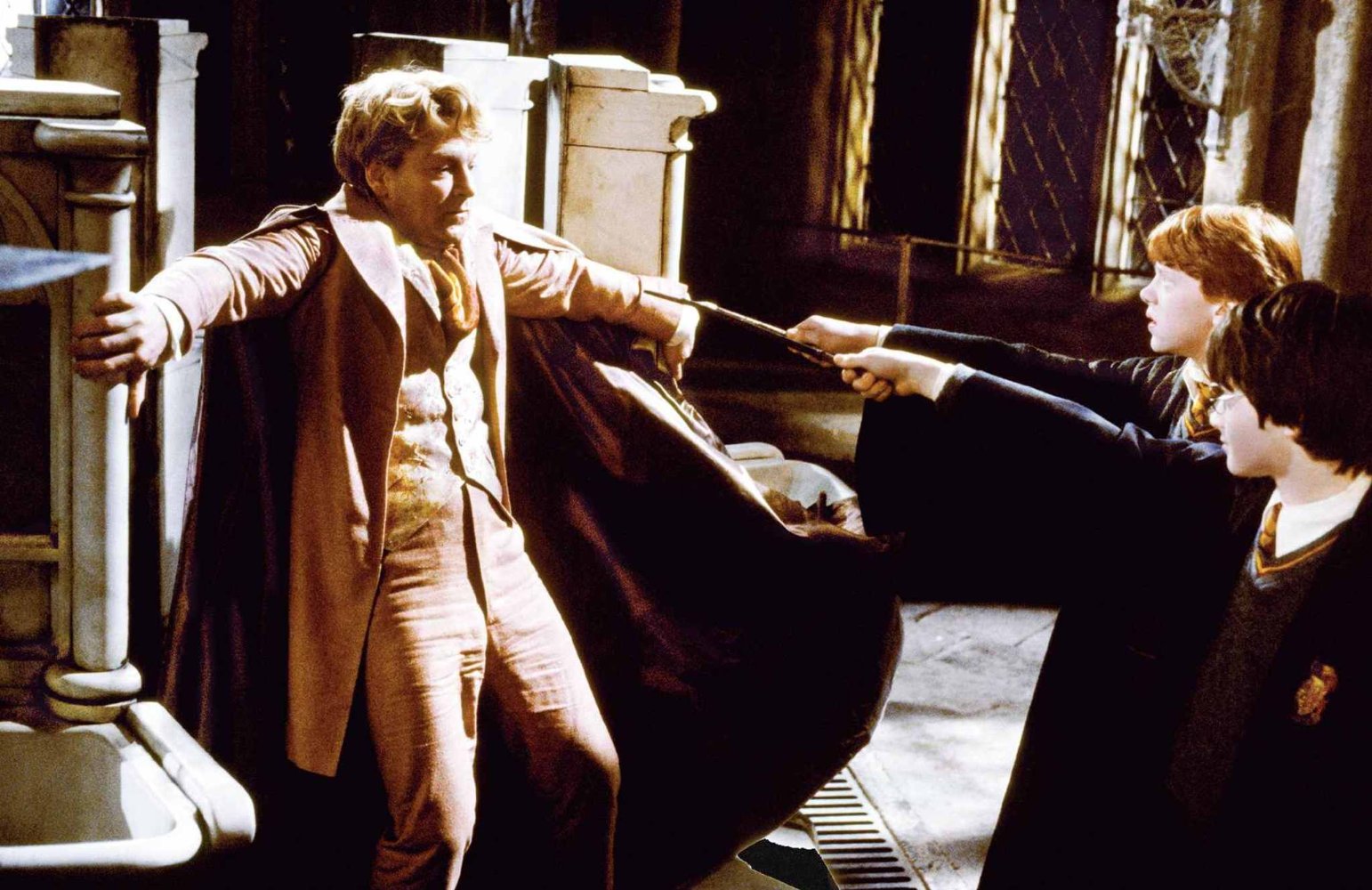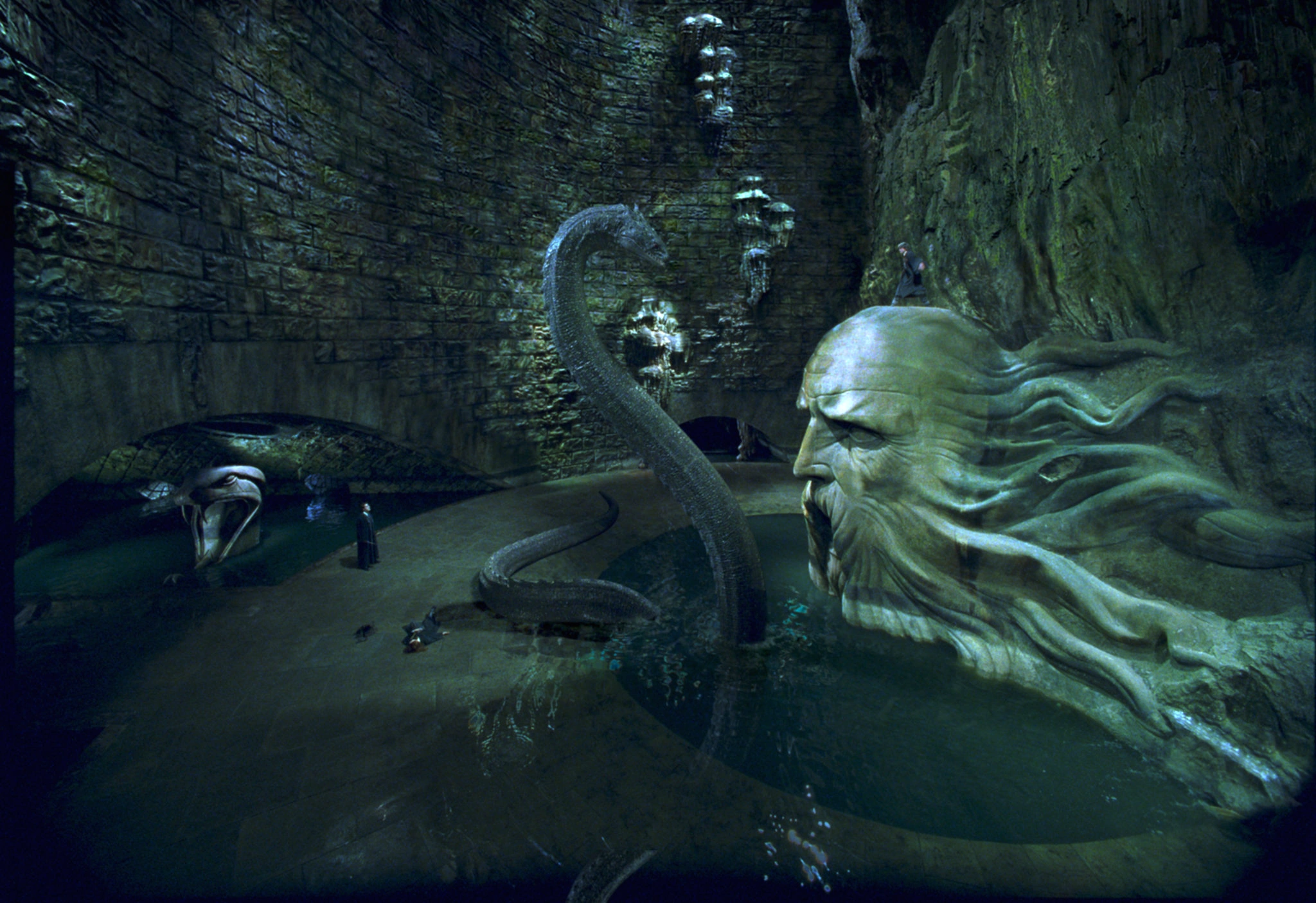
We will always have doubts about our identities, as they are constantly changing too, but we will always be who we choose to be and not who we inherently are.įriendship is a recurring theme in all of the Harry Potter books, but more specifically, in this book, the friendship between Harry and Dobby is an interesting dynamic. In spite of probably even housing a lot of demons within our psyche, the fact that we choose to do things that are moral and ethical allows us to be better people. The abilities might contribute to who Harry is, but even though he possesses the same abilities as Voldemort, Harry will never be like him because Harry chooses to do things differently despite his abilities.ĭumbledore means that it is the choices we make that determine who we are. However, at the end of the book, after he defeats Voldemort and the basilisk, he speaks to Professor Dumbledore, who solves his dilemma with a very important point.ĭumbledore claims that Harry’s identity is based on the choices he makes and not the abilities he possesses. Harry grapples with this idea for a major part of his second year, especially after the school assumes that he might be the Heir of Slytherin as he is discovered to be a Parseltongue.

This book uses the Basilisk, a very dangerous and monstrous entity whose very eyes cause death, as a symbol of how detrimental and destructive such mania about so-called racial superiority can actually be.Īnother major theme explored through ‘ Harry Potter and the Chamber of Secrets‘ is the idea of how identity is built through a compromise between and ability. This mania to ‘cleanse’ the world from wizards who are not pure-blooded is very similar in form to several racially discriminatory factions that have risen in history over the years. Hence, when he left Hogwarts after disagreements with the other three founders, who wanted magical education to be accessible to anybody who has a talent for magic, he built the Chamber of Secrets to one day let his heir carry out his mission.

A lot of pure-blooded wizards claim superiority over others who are either half-blooded or muggle-born, just like Salazar Slytherin did when he cofounded Hogwarts. This book sheds light on how unfair practice slavery is, as house-elves are not even allowed the most basic comforts that the wizards who ‘own’ them could easily afford.Īnother separate arena for discrimination follows the major plot of this novel – the reason the Chamber of Secrets exists in the first place. House-elves are direct allusions to how slavery was a prominent practice in our world, and the rules and methods governing a house-elfs’ enslavement is very similar to that of the slaves in our real world.

However, in this book, after the appearance of Dobby, Harry learns a lot about how house-elves are treated by wizards and witches. There are several magical beings, which include humans who are developed for magic (wizards and witches), goblins, giants, trolls, merpeople, house-elves, and many others. One of the most important themes explored in the story of ‘ Harry Potter and the Chamber of Secrets‘ is discrimination and inequality between different magical beings and between the bloodlines of wizards and witches. Harry Potter and the Chamber of Secrets Themes Discrimination and Inequality The premise of this book alone rests on a group of wizards claiming superiority over other wizards and a select few trying to stop these evil forces.

The analysis of ‘ Harry Potter and the Chamber of Secrets‘ is bound to highlight discrimination and inequalities that are persistent in the wizarding world.
HARRY POTTER CHAMBER OF SECRETS FREE
The book also explores the debate of free will and determinism to an extent by discussing the idea of choice. After ‘ Harry Potter and the Philosopher’s Stone,‘ this book delves deeper into the world of magic and brings into the spotlight the struggles and unequal treatment of different magical beings as well as the inequalities among humans. Rowling is a significantly different book than its predecessor in that it tackles a lot of strong and politically charged themes. ‘ Harry Potter and the Chamber of Secrets‘ J.


 0 kommentar(er)
0 kommentar(er)
